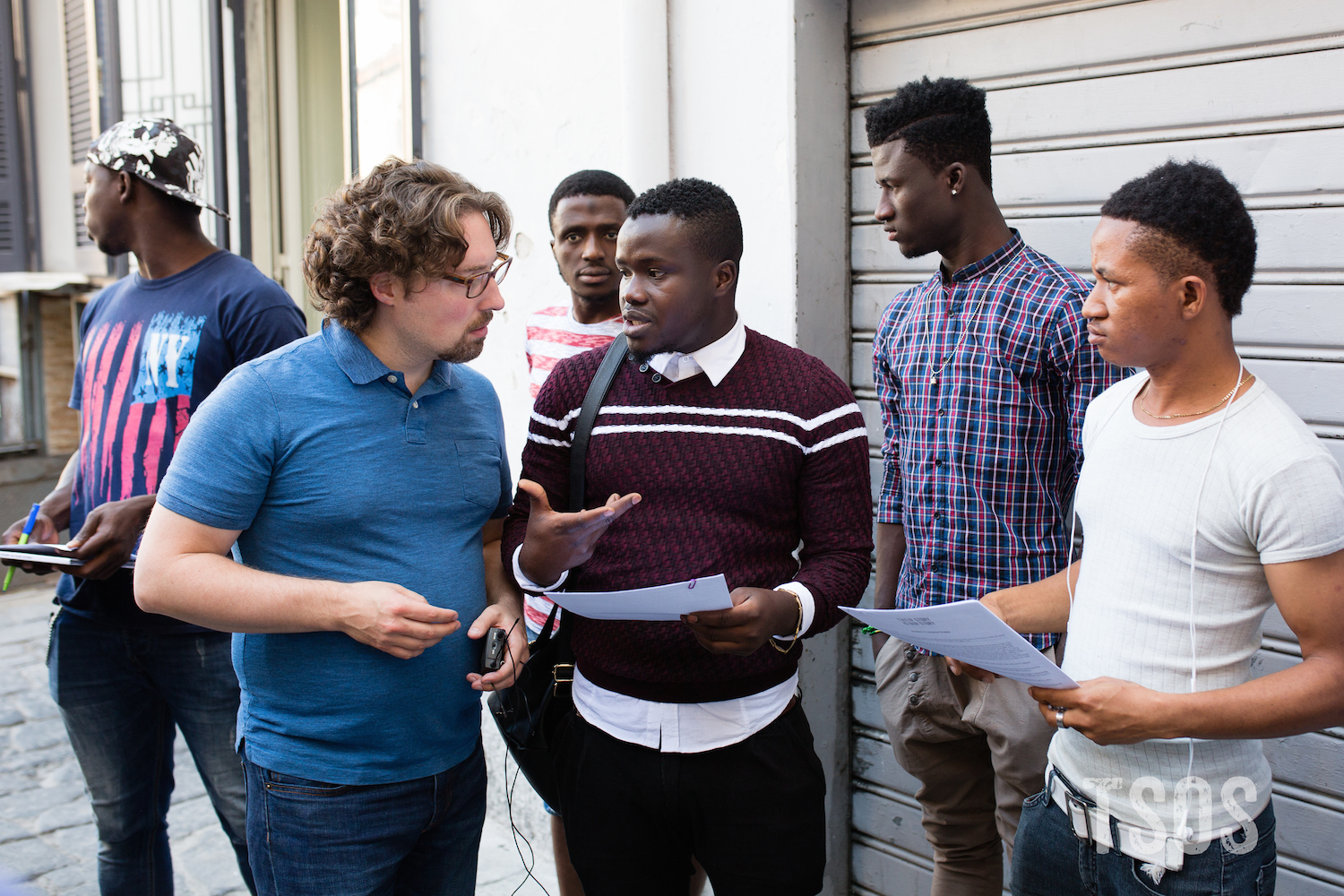
Written by Matthew Longhurst
I am a third-generation resident of Western Washington state. My grandparents (both sides) moved here in the 1950s, uprooting their families after a handful of previous generations had set down roots in Utah and eastern Idaho. Before that, most of my lineal progenitors migrated to this country directly from their homelands across northern and western Europe: England, Switzerland, Denmark, and Sweden. My family history is a tapestry of migration.
As I have learned more about my family history it has become clear that I am the product not just of immigrants, but of refugees. Whether their persecutions were religious, economic, social, or natural, many of my ancestors were uprooted in fear and turmoil. For me, the refugee crisis of the last several years has closely coincided with a growing knowledge of and a strong sense of connection to my forebearers. My ancestors’ life experiences echo the stories of so many whose stories we’ve shared over the last two years.
In the same way that my life and prosperous circumstances were made possible by so many sacrifices over many generations, I hope that today’s refugees will be able to create a future of possibility for themselves and their children. However, one look around reveals that they must combat suspicion, distrust, and even xenophobia and racism in heavy doses no matter where in the world they land. I cannot help but feel a strong sense kinship and an obligation to help where I can.
This is the reason I help to tell their stories.
Official Statement on the Detention of Refugees and Ongoing Community Violence
With another death in Minnesota and continued violence toward individuals and groups standing up for their communities, we acknowledge the profound fear and uncertainty people are feeling--not just locally, but across the country.
On top of this, there are reports that refugees invited and admitted to our country through the U.S. Refugee Admission Program are now being detained, meaning that our new friends and neighbors feel that fear most acutely.
Refugees have already fled violence and persecution once. They came here legally, seeking safety. In moments like these, we reaffirm our commitment to building communities where refugees and immigrants can live without fear. Where they can go to work, send their children to school, and build lives of dignity and belonging.
We call for due process, accountability, and humanity in all immigration enforcement operations. We call upon our leaders to demand the demilitarization of our neighborhoods and cities. And we call on all of us to continue the work of welcoming and protecting those who have been forcibly displaced from their homes.